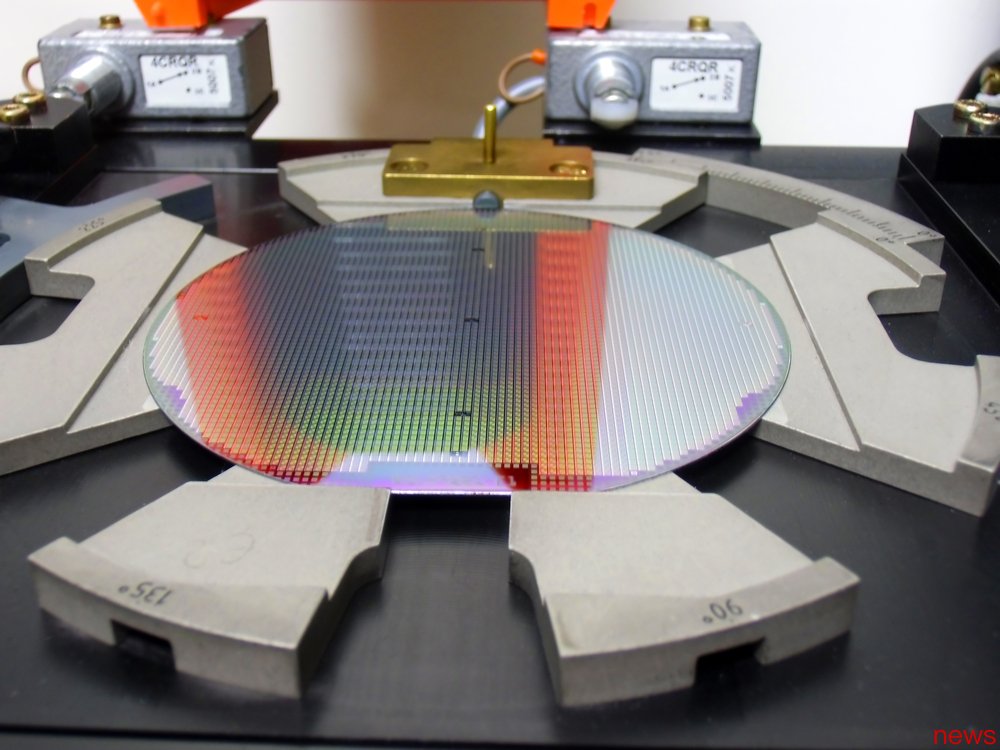
The US semiconductor taxes are paid attention to by all walks of life. Economic Minister Guo Zhihui accepted an interview with the Central Committee of the Communist Party of China that Taiwan generally reported that "no matter how many % (tax rate) is not afraid", but is afraid it is higher than Japan and South Korea. He emphasized that Taiwan's semiconductor industry has a complete ecosystem, and the United States wants to revitalize semiconductor manufacturing "must rely on Taiwan". Taiwan has also sent comments based on clause 232 to explain the relationship between Taiwan and the United States' trade and technology.
US President Trump has issued taxes on counter-attacks, and Taiwan has been listed as one of the first countries to be debated. Taiwan and the United States have recently completed the first round of physical consultations.
At present, the United States is launching a semiconductor industry survey under Article 232 of the "US Trade Extension Act", covering chips, semiconductor manufacturing equipment parts, downstream derivative products, etc. The tax details are still to be released, and the global supply chain is waiting for breath.
Economic Minister Guo Zhihui, who came from the industry, took office for the first year and was interviewed by the Central Committee. Faced with the US tax threat that manufacturers are most concerned about, Guo Zhihui emphasized that long before the United States announced the tax on other countries, the government had already responded in advance and discussed ideas with the industry.
Guo Zhixiu pointed out that the purpose of Trump's verdict was to "let you go to the United States to manufacture." As for his observation, Taiwan Electric has invested in the United States, and Intel is also in the United States. Only Samsung, the only one in Korea, does not have advanced processing plants in the United States. If the tax is on course, it will be the most unfavorable for Samsung.
He said without saying that in the past, the Biden administration revitalized semiconductor manufacturing through subsidies, but this did not show the advantages of power supply. "Now it is a time when it is more cash and ability than you have in your hands." It is expected that Taiwan Electric will enjoy "a personal martial arts world" in the next 10 years.
Moreover, NTD is a crystalline foundry manufacturer. If the tax increases, it will hit American customers. Therefore, it continues to call on American customers to help the game and talk about the Trump administration. Otherwise, the price of an iPhone in the United States in the future will be higher than that of non-US areas and will never be seen by the American people.
The public comments on the US Semiconductor National Security Survey ended on the 7th. Guo Zhixiu said that Taiwan has sent comments to explain the actual situation and the relationship between Taiwan and the United States' technology; he also revealed that the Ministry of Economic Affairs recently asked Taiwan manufacturers, "the manufacturer's reaction is that it is not afraid of a few% (tax rate). What is most afraid of is that the taxes mentioned are higher than those of South Korea and Japan."
When facing the tax-related challenges, he bluntly stated that if everyone has the same foothold, most manufacturers will definitely have the reasons for it, regardless of technology or industry.
"Don't worry, everyone," Guo Zhihui said that being the first is not necessarily the best. Taiwan will first observe the results of the Japanese and Korean judgments for reference.
He confidently stated that Taiwan has many advantages that other countries do not have, the most significant is the semiconductor industry ecosystem. Now the United States wants to solve the problem of hollow production, "it must rely on Taiwan." Taiwan can also integrate Japan's research energy and the advantages of the Philippines' young population to expand the intelligent manufacturing ecosystem, rather than just developing a single industry or a country.
Currently, Taiwan and the United States are in constant debate, and the debate requires "drug medicine". Guo Zhixiu said that the United States has been focusing on problems in the area of laundering to block red supply chains. Currently, the standards of MIT and MIC Taiwan and the United States are different. Regardless of how to strictly prevent blockages by the Ministry of Economic Affairs, the number of non-standards can be charged up to NT$3 million, and the license will be directly suspended for the third time; also considering the increase in the cause of inspection, but he emphasized that the key points are still curbing from the source.
In order to prevent violations from being transferred, the Ministry of Economic Affairs adopted four approaches, including monitoring import volume, strict punishment, strengthening anti-revolution investigations, and strengthening publicity for businessmen.
In addition, the United States hopes to reverse the embarrassment of long-term trade deficits. Guo Zhixu said that Taiwan plans to expand the purchase of American oil and other products. The important task of purchasing US oil fell on CNPC. Guo Zhixiu, who came from the industry, also took the "scale economy" as an angle and suggested that CNPC could increase US oil purchases and complete production and purchase to the Philippines. He explained that Taiwan has a population of 23 million and Singapore has 6 million, but Singapore's oil capacity is the largest in Asia, and it supplies all ships to unload. Similarly, CNPC oil supply should target the Philippines with a population of less than 100 million, and can even be sold to Japan and South Korea.
Guo Zhihui said that in the past, domestic business was mainly to take care of the people. Now the international situation has changed to advocate "regional economics". All countries should help and share each other and expand their relationship on this basis.